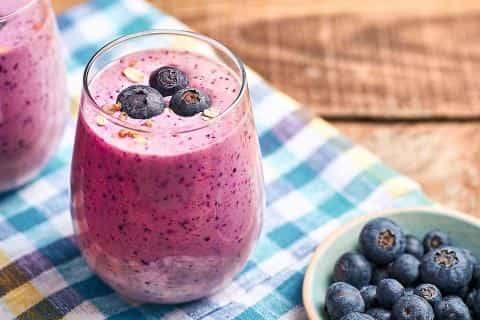
When preparing for a half marathon, many experienced runners might think that the 13.1-mile distance doesn’t require the same level of fueling as a full marathon. After all, it’s only half the distance, right? However, even if you feel you don’t need to fuel up, proper nutrition and hydration can play a crucial role in your performance. Here’s why fueling for a half marathon is important and how to do it effectively, even if you don’t feel like you have to.
Even though a half marathon is shorter than a full marathon, it’s still a significant physical endeavor that requires substantial energy. Running 13.1 miles depletes your body’s glycogen stores, which are your primary source of energy during endurance exercise. If these stores are not replenished, you may experience fatigue, decreased performance, or even a “bonk” or “hitting the wall” during the race.
Proper fueling can help you maintain a steady pace and optimize your performance. Inadequate fuel can lead to decreased stamina and slower times. By ensuring your body has the right nutrients before and during the race, you can improve your endurance and overall race experience.
Post-race recovery is just as important as race-day performance. Proper fueling helps replenish glycogen stores, repair muscle tissues, and reduce inflammation. Effective recovery nutrition can aid in quicker recovery and prepare you for future training or races.
Hydration plays a critical role in endurance sports. Even though a half marathon might seem manageable without extra hydration, maintaining proper fluid balance is essential to prevent dehydration, muscle cramps, and heat exhaustion.

1-3 Days Before the Race:
Race Day Morning:
Hydration:
Energy Intake:
Recovery Meal:
Everyone’s fueling needs can vary based on individual metabolism, running intensity, and race conditions. Pay attention to your body’s signals and adjust your nutrition and hydration strategy accordingly. Experiment with different foods and drinks during training to find what works best for you.

Even if you feel like a half marathon is short enough not to require special fueling, incorporating proper nutrition and hydration strategies can significantly impact your race performance and recovery. By maintaining energy levels, enhancing performance, supporting recovery, and preventing dehydration, you’ll set yourself up for a successful and enjoyable race. So, don’t underestimate the importance of fueling—plan ahead, listen to your body, and make the most of your half marathon experience.
For more content find us via the app store:
Discover More Content





